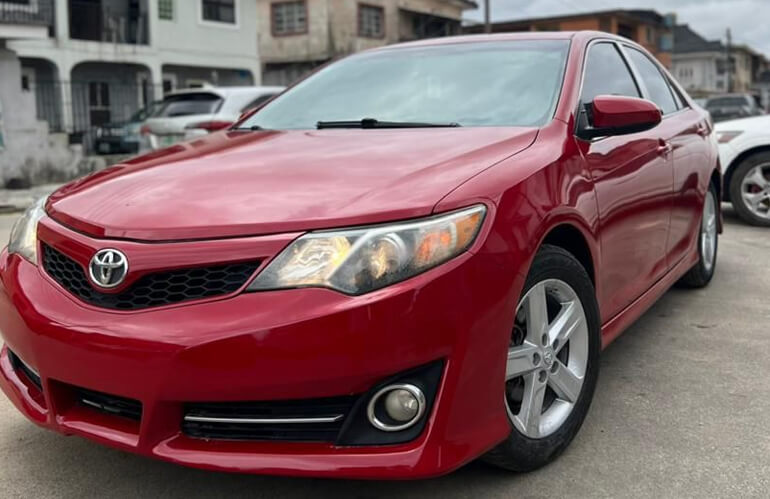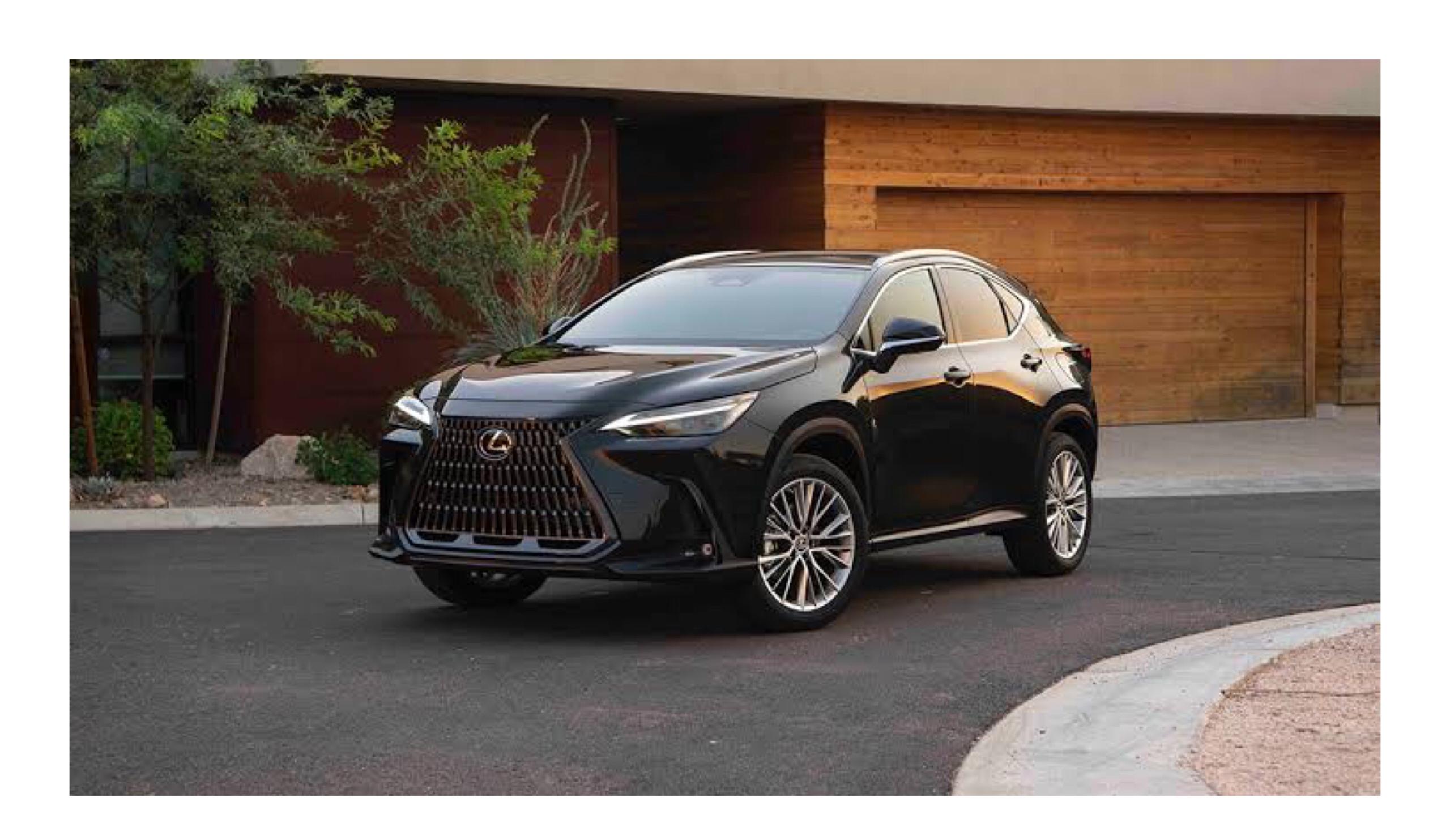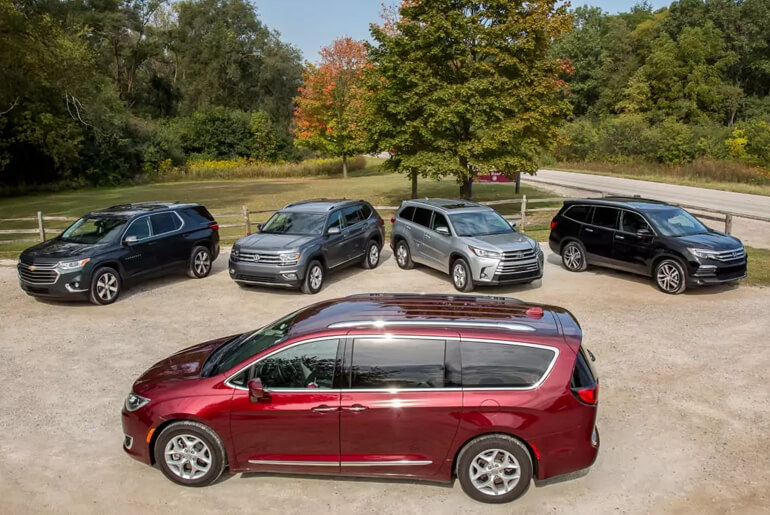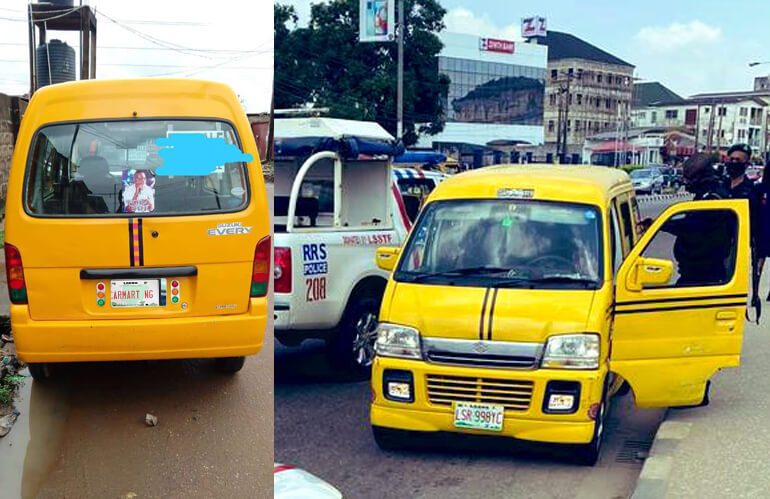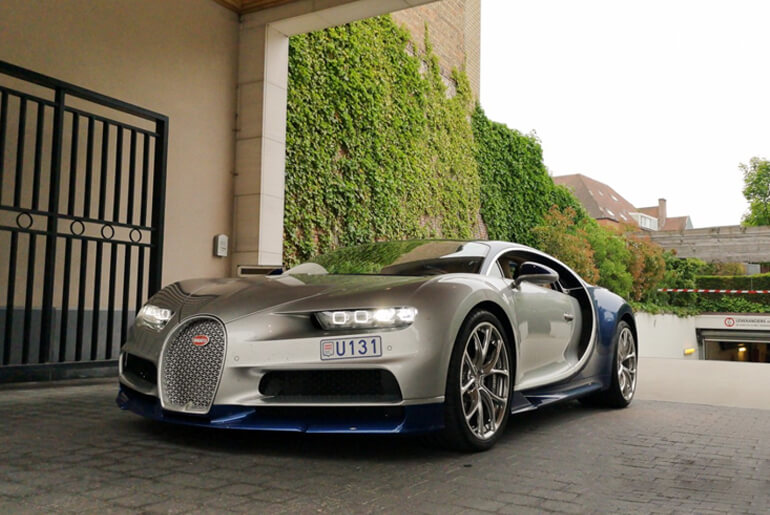In Nigeria’s dynamic automotive industry, the demand for imported secondhand vehicles, which are often referred to as “Tokunbo” cars, continues to rise at an alarming rate.
These previously used cars, which are often imported from nations that have more advanced automotive industries, have emerged as a dominating force, exceeding the sales of brand-new cars in Nigeria. Tokunbo cars have firmly established themselves as the favoured option for Nigerian car purchasers within Nigeria because of their affordability with yearly sales figures that exceed 500,000 units, leaving new cars following behind at a meagre 13,000 units sold each year. This is because Tokunbo cars are more affordable than new cars.
Growing Popularity of Tokunbo Cars:
- Price Advantage: The primary factor fueling the popularity of Tokunbo cars in Nigeria is their affordability. Compared to brand-new vehicles, which often carry hefty price tags due to factors such as import duties and taxes, Tokunbo cars offer a significantly lower upfront cost. This affordability allows a larger segment of the population to access personal transportation, driving the demand for used vehicles.
- Wide Range of Choices: Another compelling reason for the dominance of Tokunbo cars is the extensive range of models available. As these vehicles are imported from various countries with mature automotive industries, Nigerian consumers are presented with a diverse selection of models, including popular brands and specific vehicle configurations. This abundance of choices caters to the diverse needs and preferences of Nigerian car buyers.
- Established Vehicle Quality: Many Tokunbo cars come from countries with stringent vehicle inspection standards, ensuring that only well-maintained and roadworthy vehicles are exported. This perceived higher quality compared to some locally assembled vehicles contributes to the confidence that Nigerian buyers have in Tokunbo cars. Furthermore, the availability of service history records and comprehensive inspections instils trust among consumers.
Economic Factors:
- Foreign Exchange Dynamics: Nigeria’s foreign exchange situation plays a significant role in shaping the automotive market. Limited access to foreign currency and restrictions on importation has made it challenging for automobile manufacturers to bring in new vehicles in substantial quantities. On the other hand, the importation of Tokunbo cars is relatively less encumbered, making them a more accessible option for consumers.
- Affordability and Economic Realities: The average Nigerian’s purchasing power is a crucial consideration in the automotive market. High inflation rates, coupled with economic challenges, have made it difficult for many to afford new vehicles. In contrast, the lower upfront cost of Tokunbo cars makes them a more viable and attractive option for buyers who are mindful of their budget.
Government Policies and Impact:
- Importation Regulations: The Nigerian government’s policies on automobile importation have influenced the demand for Tokunbo cars. While efforts have been made to promote local vehicle production through measures such as increased import duties on used vehicles, the impact has been limited. The regulations have not been able to bridge the affordability gap between new and used cars, leading to continued demand for imported pre-owned vehicles.
- Lack of Infrastructure Development: Insufficient infrastructure, particularly in the area of public transportation, has contributed to the growing demand for private vehicles. With inadequate public transportation systems and limited access to reliable alternatives, Nigerians rely heavily on personal vehicles for daily commuting, further driving the sales of Tokunbo cars.
The automotive landscape in Nigeria continues to be shaped by the remarkable dominance of Tokunbo cars, with annual sales exceeding 500,000 units compared to just 13,000 for brand-new cars. Factors such as affordability, a wide range of choices, established vehicle quality, foreign exchange dynamics, and economic realities have all contributed to the sustained popularity of Tokunbo cars. While government policies and infrastructure development efforts aim to promote local manufacturing and reduce the reliance on imported vehicles, the demand for Tokunbo cars remains strong, showcasing their resilience and preference among Nigerian consumers.
Have 1 million naira and above to Buy or Sell Cars In Nigeria? Check carlots.ng
All rights reserved. Reproduction, publication, broadcasting, rewriting, or redistribution of this material and other digital content on carmart.ng is strictly prohibited without prior express written permission from Carmart Nigeria - Contact: [email protected]

